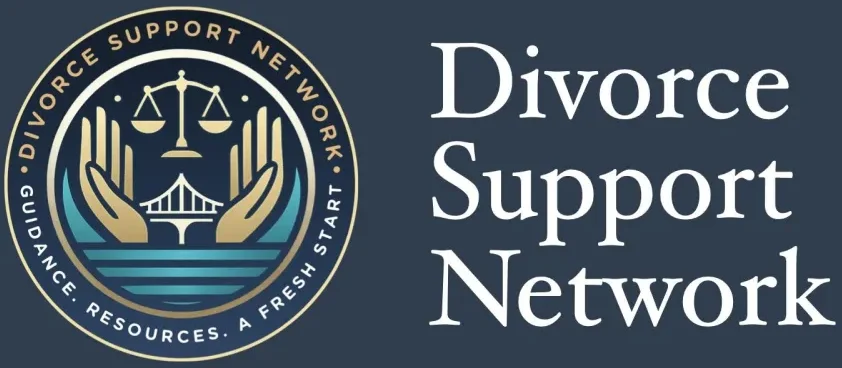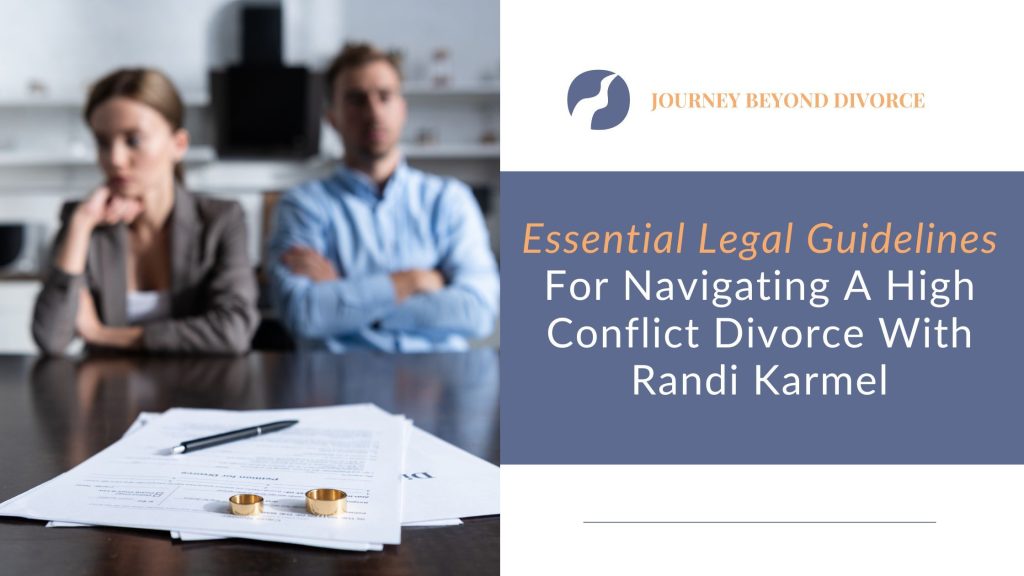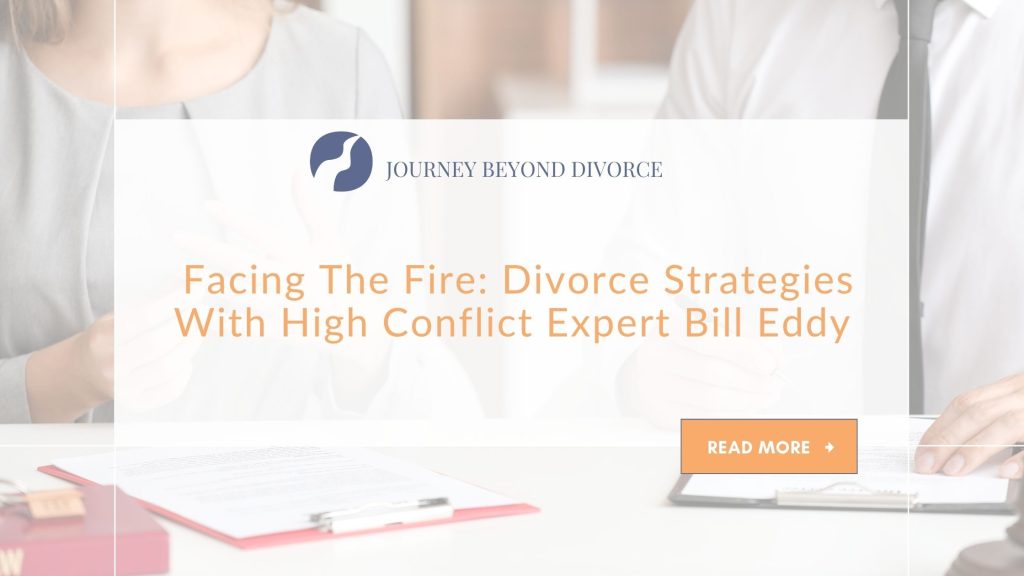Financial Resources for Divorce: What You Need to Know When Everything Feels Uncertain

One of the hardest parts of divorce is dealing with the money. It’s not just the fear of splitting assets or figuring out who gets what — it’s the deep anxiety about how you’re going to afford this next chapter of life. You might be worried about supporting your kids, staying in your home, rebuilding your credit, or simply surviving on one income. And all of that is real. Financial stress during divorce isn’t just a possibility — it’s often one of the biggest sources of overwhelm. But you don’t have to face it blindly, and you don’t have to do it alone.
The first step toward gaining clarity is getting a full picture of your current financial situation. That means gathering information: bank accounts, credit card balances, tax returns, income records, mortgage or lease documents, loan paperwork, insurance policies, and anything else related to your shared financial life. You don’t have to have it all perfectly organized. Just start pulling together what you can. The goal is to know where you stand before any conversations about division or settlement begin.
It’s also a good time to take some protective measures. If you haven’t already, consider opening a bank account in your own name, especially if all your current accounts are joint. You may also want to check your credit report to see what’s listed under your name. If you’re worried about your ex accessing your accounts or making financial decisions without your consent, changing your passwords is a smart — and empowering — move. These steps are about setting boundaries and ensuring your financial safety as things unfold.
As you move through the process, creating a post-divorce budget is one of the most helpful tools you can give yourself. Even if you’re not a “numbers person,” mapping out what money is coming in, what’s going out, and what you’ll need to live on helps you regain a sense of control. This is not about living in scarcity — it’s about creating a realistic plan so you’re not blindsided later. You may need to cut back temporarily or explore new income sources, but with the right plan, this new chapter can still feel secure.
For many people, this is also the time to bring in a financial professional. A certified divorce financial planner — or a financial advisor familiar with family law — can help you protect your long-term interests. They can walk you through things like retirement accounts, hidden expenses, or tax implications that might otherwise get overlooked. This is especially helpful if you’ve been out of the workforce or haven’t managed the household finances in the past. A good financial advisor won’t just talk numbers — they’ll help you understand the big picture and make decisions that align with your future goals.
If you have children, there will likely be conversations about child support and possibly spousal support, also known as alimony. These decisions are typically based on income, custody arrangements, and needs. Every state has its own rules and formulas, so it’s important to talk to someone who understands the laws in your area. That said, it’s okay to advocate for what you need. Divorce doesn’t mean you have to start from zero. It means creating a new foundation — and that includes financial stability.
For those facing financial abuse, power imbalances, or fear of retaliation, this part of the process can feel terrifying. If you’ve been denied access to accounts or manipulated into financial dependence, you are not alone. There are legal and advocacy organizations that can help you reclaim your power and protect your rights. It may feel like you’re in the dark right now, but there is a path forward, and there are people who know how to walk it with you.
At Divorce Support Network, we understand how deeply money and security are tied to your sense of peace. That’s why we offer resources designed to meet you where you are — whether you’re trying to understand your budget, find a trusted advisor, or get legal advice on financial matters. We believe that financial health is emotional health. And you deserve both.
This is a hard part of the process. But it’s also a chance to build something new — on your own terms, with your own plan, in your own time.





